Based on Francesca Happé’s best-selling textbook, Autism: An Introduction to Psychological Theory, this completely new edition provides a concise overview of contemporary psychological theories about autism. Fletcher-Watson and Happé explore the relationship between theories of autism at psychological (cognitive), biological and behavioural levels, and consider their clinical and educational impact.
The authors summarise what is known about the biology and behavioural features of autism, and provide concise but comprehensive accounts of all influential psychological models including ‘Theory of Mind’ (ToM) models, early social development models and alternative information processing models such as ‘weak central coherence’ theory. The book also discusses more recent attempts to understand autism, including the ‘Double Empathy Problem’ and Bayesian theories. In each case, the authors describe the theory, review the evidence and provide critical analysis of its value and impact. Recognising the multiplicity of theoretical views, and rapidly changing nature of autism research, each chapter considers current debates and major questions that remain for the future.
Importantly, the book includes the voices of autistic people, including parents and practitioners, who were asked to provide commentaries on each chapter, helping to contextualise theory and research evidence with accounts of real-life experience. The book embraces neurodiversity whilst recognising the real needs of autistic people and their families. Thus Autism: A New Introduction to Psychological Theory and Current Debate provides the reader with a critical overview of psychological theory but also embeds this within community perspectives, making it a relevant and progressive contribution to understanding autism, and essential reading for students and practitioners across educational, clinical and social settings.

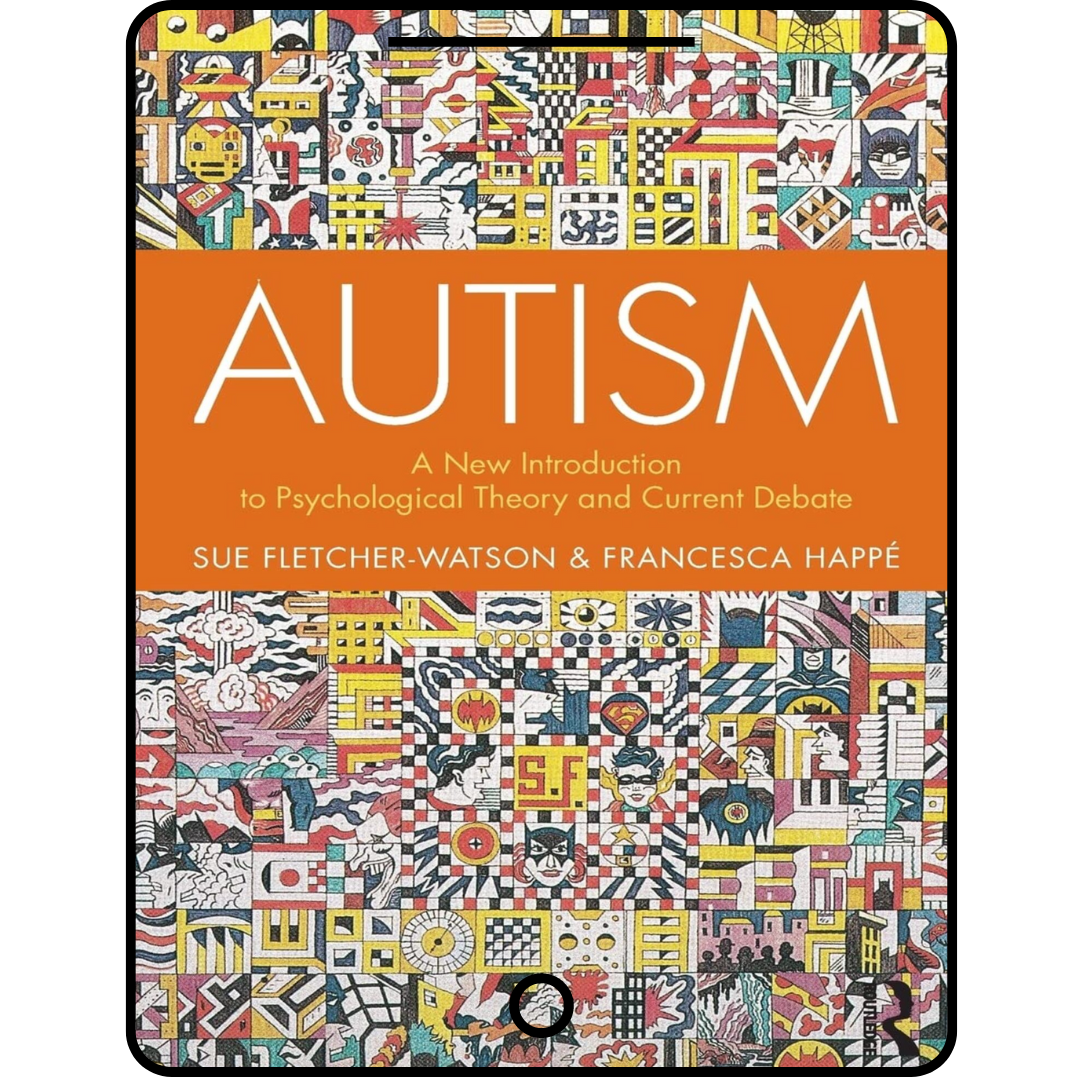
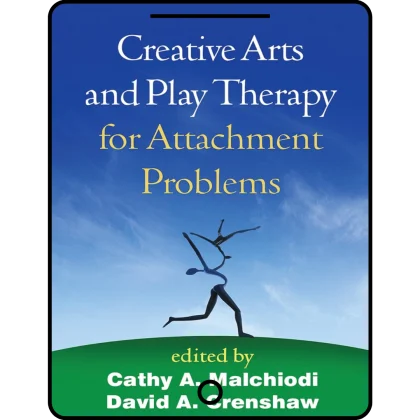

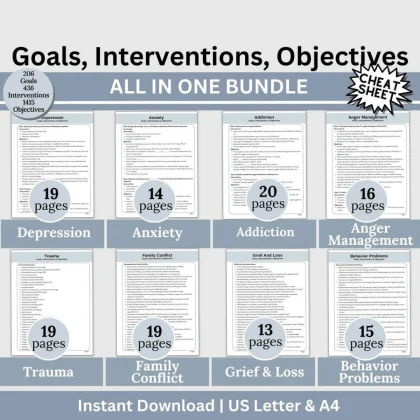
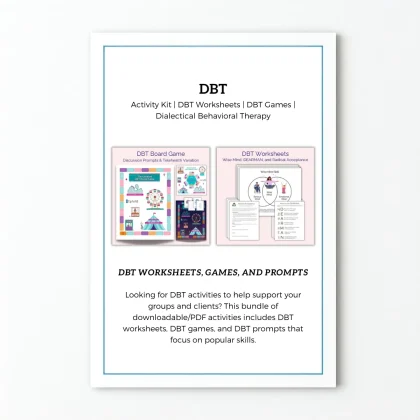


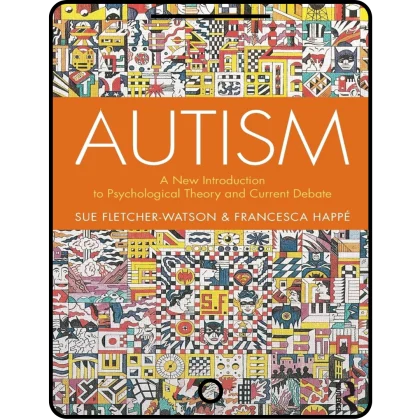
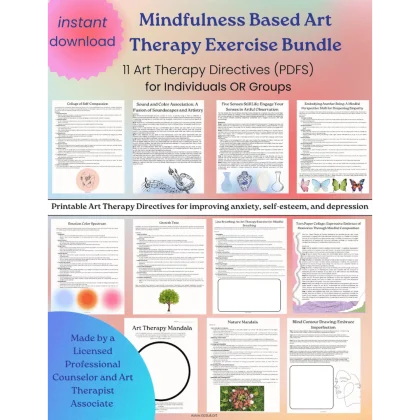



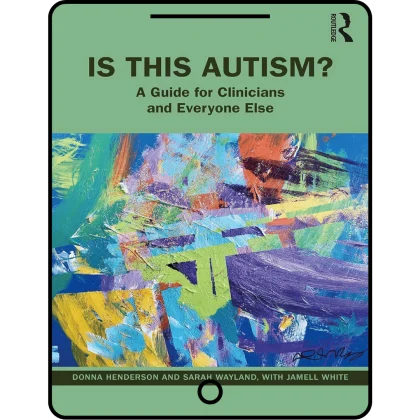


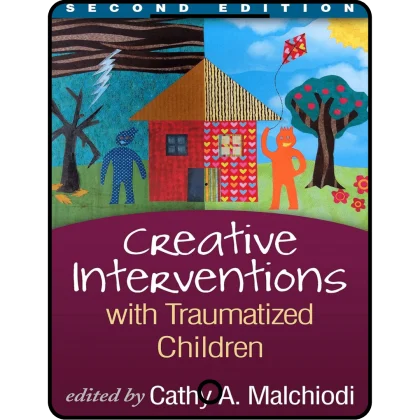

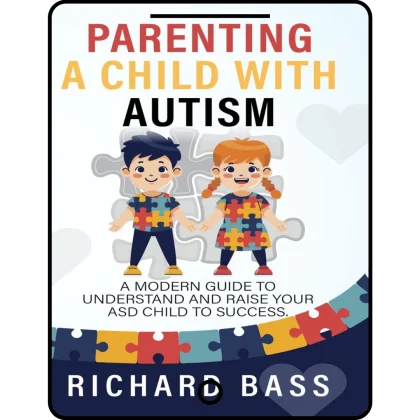
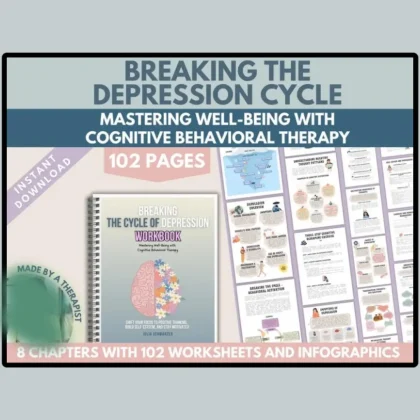
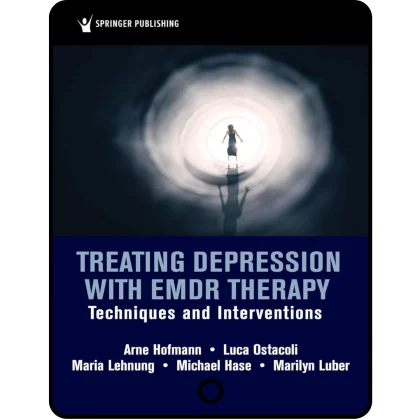





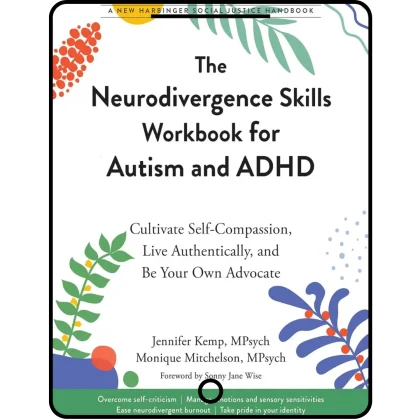
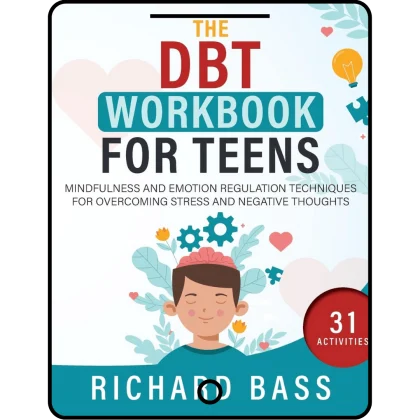

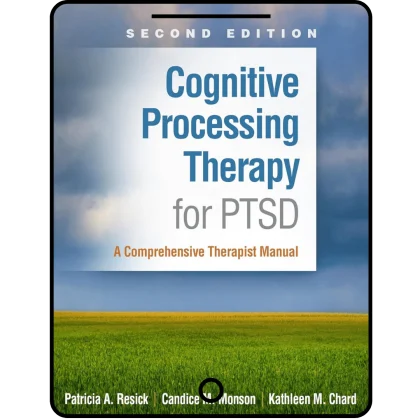
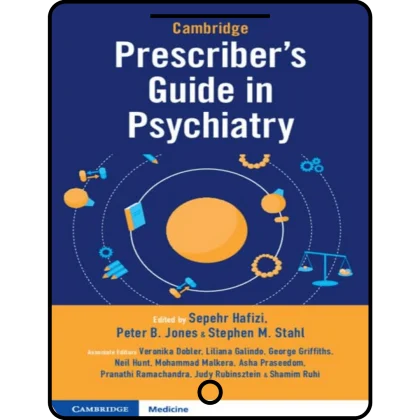
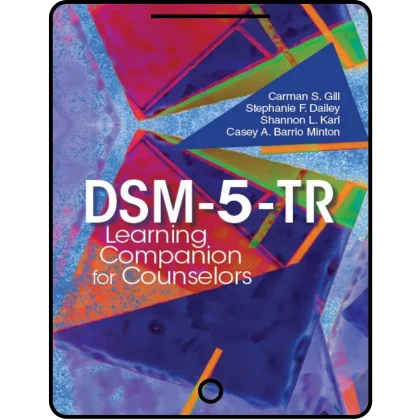

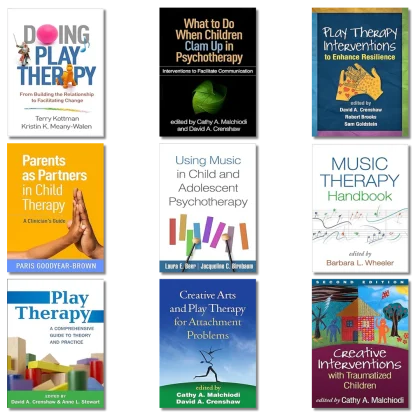

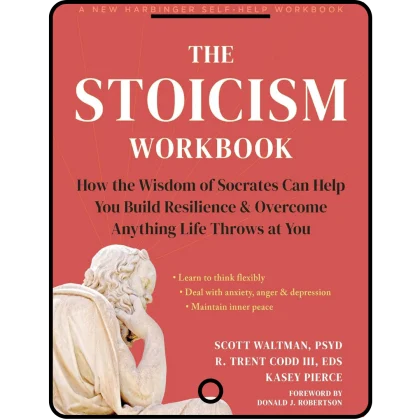
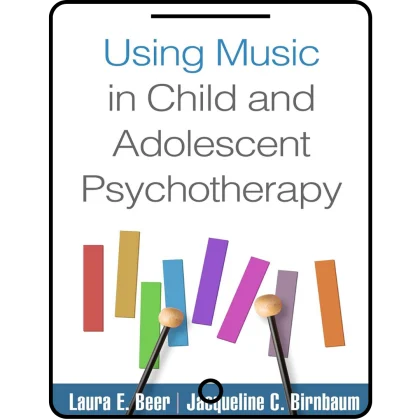


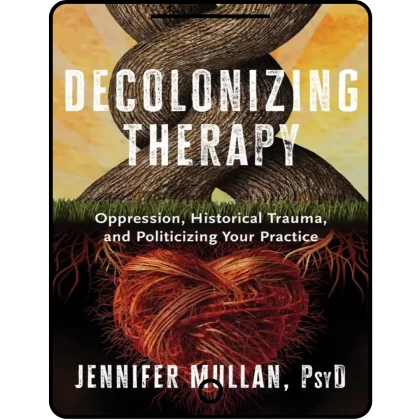

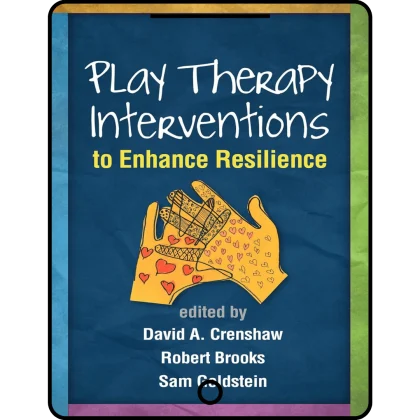
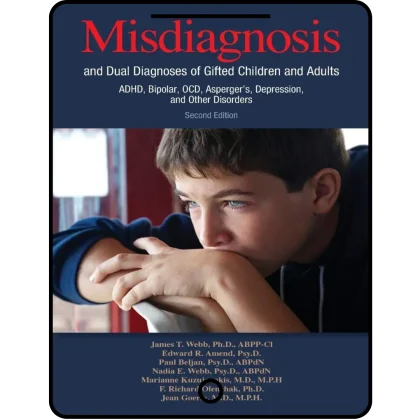
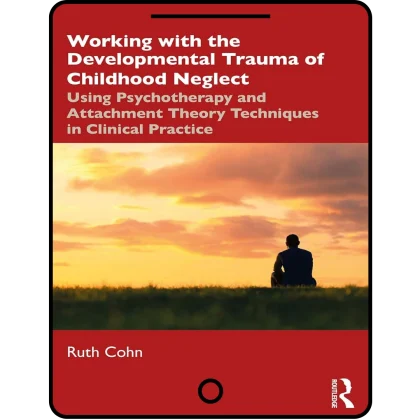
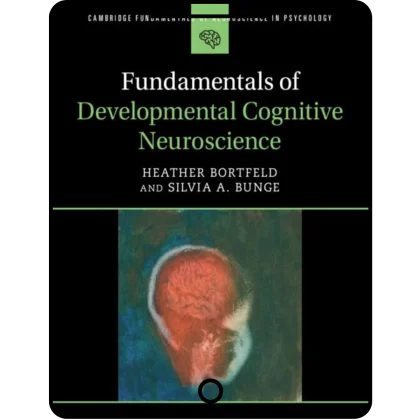
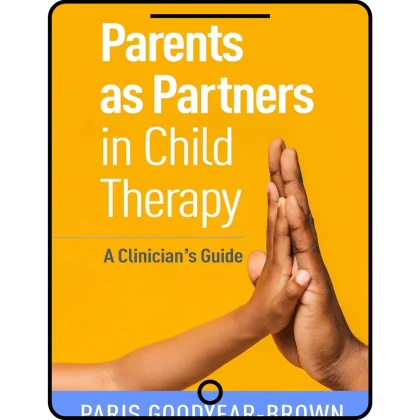
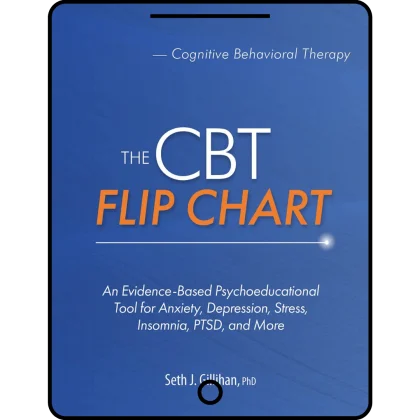
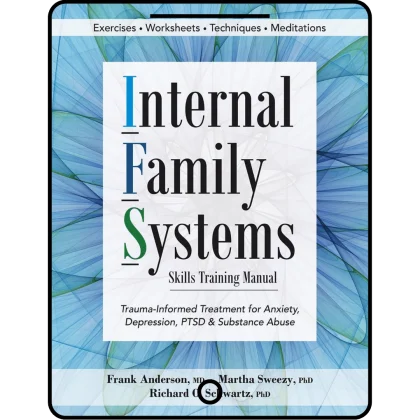
The first edition of Happe was compulsory reading on my autism course at the University of Birmingham in the late 1990s. This update co-authored with Sue Fletcher-Watson embraces all the key developments in the study of autism since then.
It’s a really interesting book, I read it when I started working with autistic children
This book offers insight into different theories to support learning and critical thinking in Autism. Contributions are included from the autistic community – who give their wealth of insight and perspective on the contents of the chapters. This introduces the reader to autistic researchers/advocates beginning to respond to the otherwise NT research perspectives offered to date – which is refreshing. It is written in an easy to read format with sketches illustrating theories /histories/ concepts which are great visual prompts. It’s a good companion book to Neurodiversity: the birth of an idea by Judy Singer.
The leading perspective on ASC.